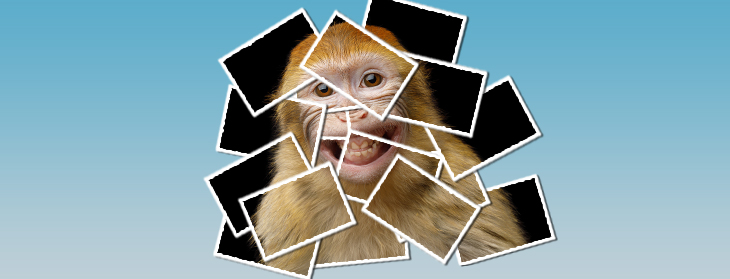
The importance of zoos and doing one little thing to save the planet
Posted On December 30, 2019
Are zoos a good thing?
Some people would tell you they aren’t, that they’re enclosing animals meant to live in the wild and putting them on display for our own entertainment.
Joel Sartore would ask that you consider another angle.
“The animals get abundant attention and care and they thrive and they breed,” said Sartore, a world-renowned wildlife photographer. “This is hugely important, because a lot of the species that we photograph don’t exist in the wild anymore. Zoos are the real arks. They contain these animals and they’re holding them and keeping them going until a time when we can get safe places set aside again in the wild for them.
“Zoos also do a tremendous job with educating the public. About a third of the country goes to a zoo every year and they spend a couple quality hours, minimum. Zoos tell people all along the way what we all can do to help save the planet. So they’re pretty important.”
Sartore, our guest in a recent episode of “What’ Working with Cam Marston,” is head of the National Geographic Photo Ark, a project seeking to document, through photographs, every species of animal held in captivity in the world. That’s about 15,000 species.
During his 25 years with National Geographic, Sartore has also done many photo shoots “in the field,” as well – photographing animals in the wild. He shares with us some of the challenges in getting these shots, some of the technology that makes it easier, and why he does what he does.
“I just see the world as needing somebody to help give small animals especially a voice, sparrows, toads, frogs,” he says. “Photo Ark is made for all animals, but we especially like looking at little ones that wouldn’t get much recognition otherwise. … I’m just trying to be a voice for the voiceless.”
In a wide-ranging discussion on wildlife, conservation and photography, Sartore shares how rare it is to get a truly great photograph, why it’s important to be selective, why he considers Antarctica the best place he’s ever been, and what we can all do to make the world a better place.
“You can’t save the whole world, but you can save something you really care about,” he says. “So pick something and just work on that. … Just take on what’s in your own backyard.”